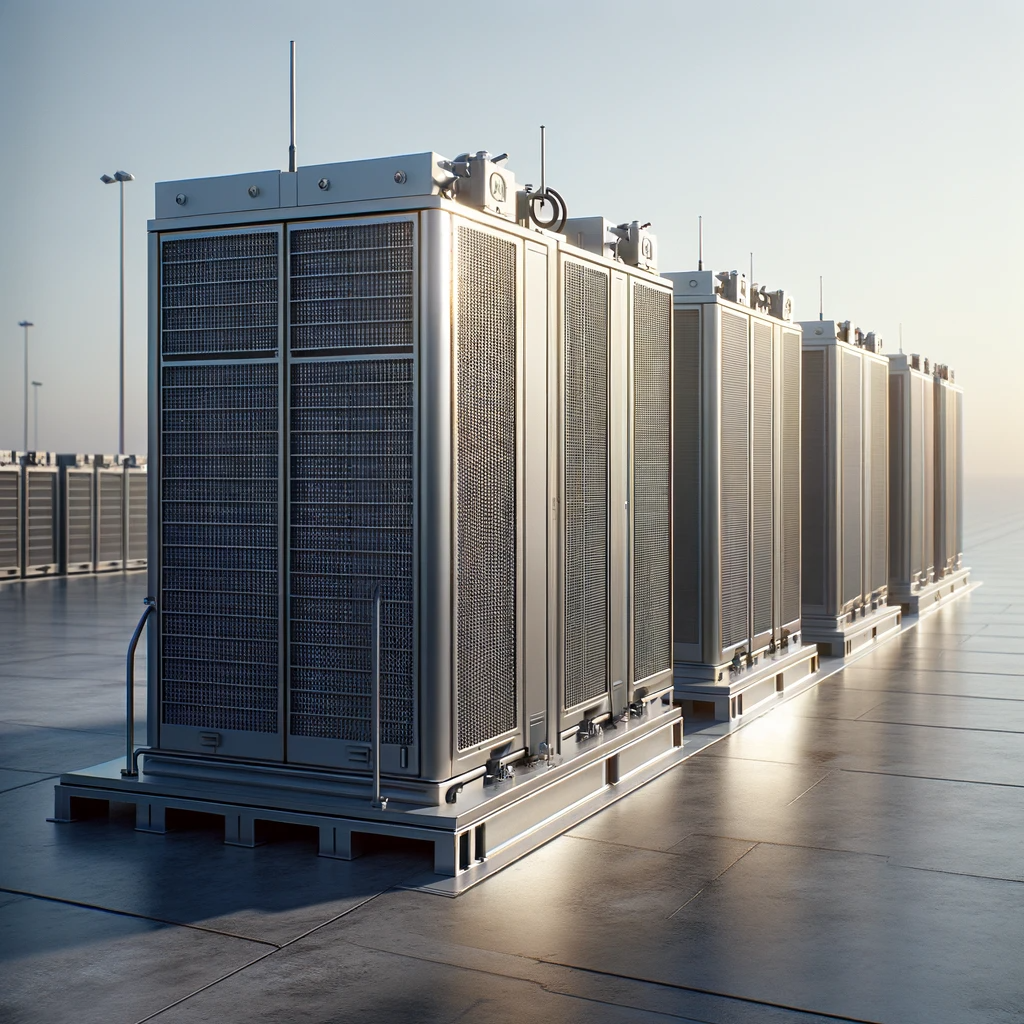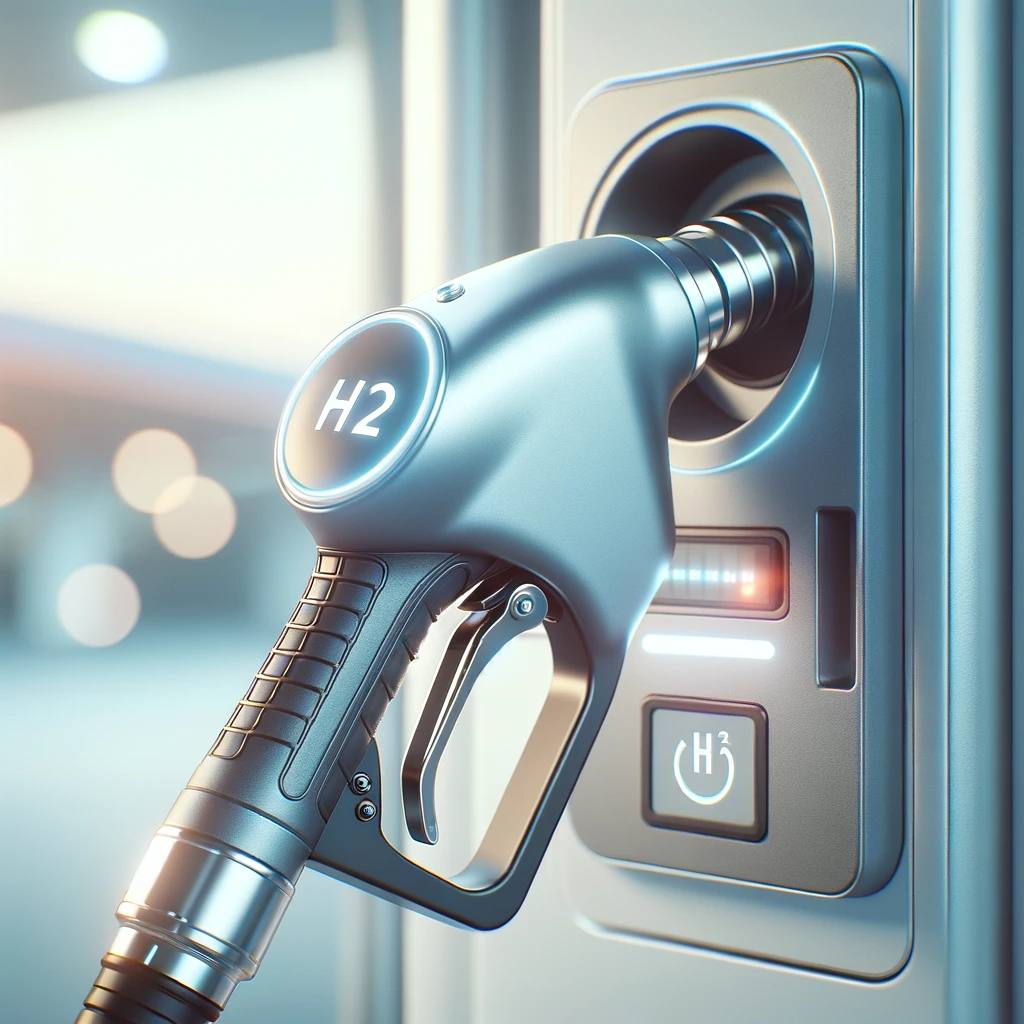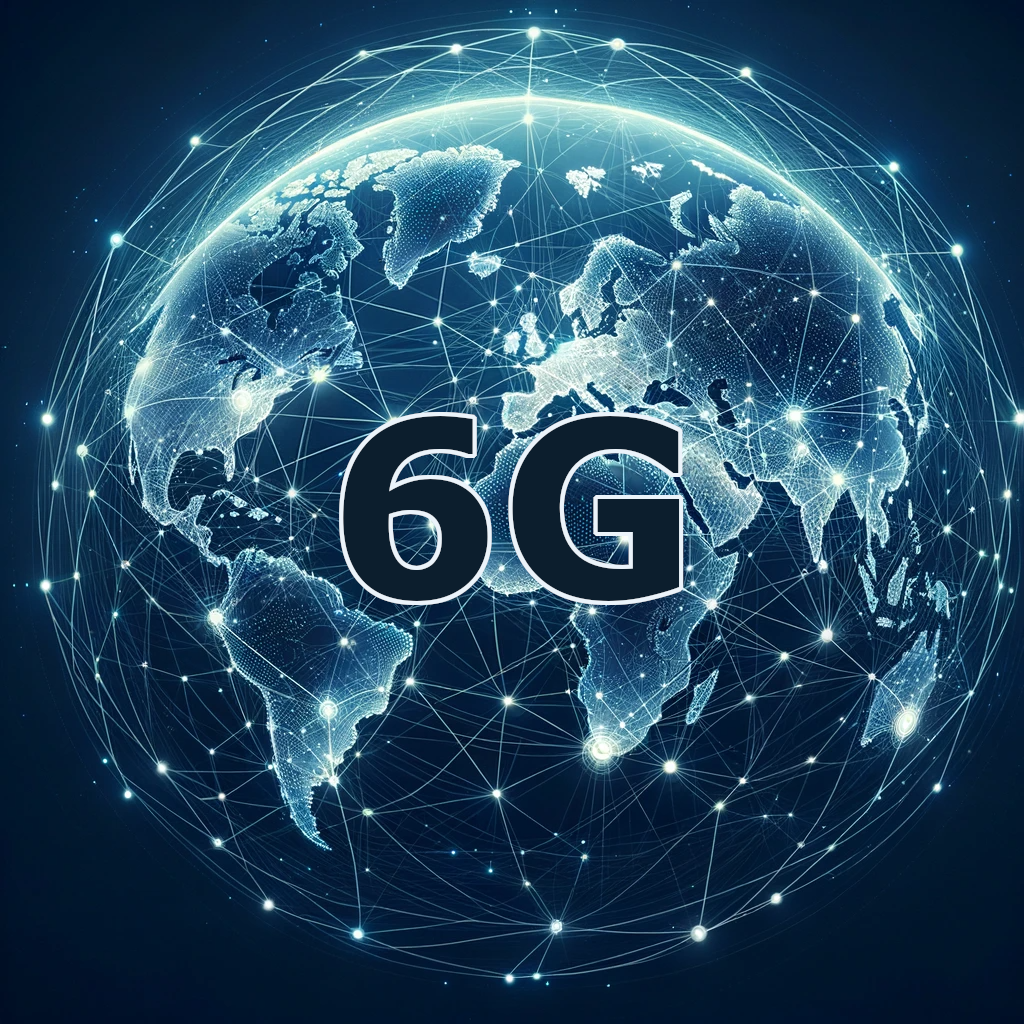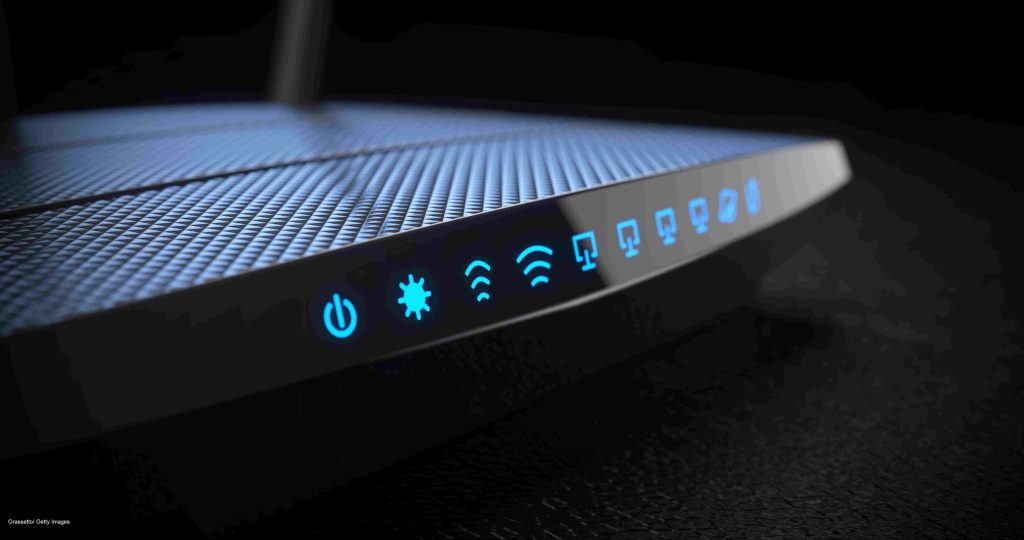Korea targets Global ESS Market
The Republic of Korea is positioning itself to claim a significant share of the worldwide market for Energy Storage Systems (ESS) within the next decade and a half. ESS units, which are large-scale facilities designed to store surplus electrical energy in secondary batteries for later use, are seeing a spike in demand due to the global shift towards renewable and carbon-neutral energy sources. The Korean government’s recently ratified 10th Basic Plan for Power Supply and Demand indicates a planned increase in the share of stable power sources from approximately 35% in 2022 to over 65% by 2036. In Korea, ESS-related products are subject to stringent safety and quality certifications, including KCs certification and KCs certification for explosion-proof equipment.

Globally, as nations strive for carbon neutrality by around 2050, there’s a surge in interest for renewable energies such as solar and wind, as well as carbon-free options like nuclear energy. Despite their lack of carbon emissions, these carbon-free energy sources face difficulties in modulating power output, hence the need for ESS to mitigate the disparities between supply and demand.
In a bold move to join the ranks of the United States and China as leaders in the ESS sector, South Korea is targeting a 35% stake in the burgeoning global ESS market by 2036, with the intent to jump-start its domestic ESS industry, which is currently experiencing a lull. This ambition was highlighted by Deputy Minister Kang Kyung-sung of the Ministry of Trade, Industry, and Energy during the unveiling of the “ESS Industrial Development Strategy” on October 31. The announcement was made at an ESS forum at LS Electric’s Global R&D Campus in Anyang, Gyeonggi Province, which convened industry executives, academics, and research experts.
Market projections suggest that by the year 2030, the global power capacity could expand more than fifteenfold, with the market size anticipated to escalate in tandem.
Feel free to contact us any time if you need assistance or have any questions regarding Korean certifications like KC, KC EMC, KCs, KCs for explosion safety products or KGS factory registration.
Tel. Europe: +49-69-271 37 69 261
Tel. US: +1 773 654-2673
Email: info@korea-certification.com For more information you can download our free brochure “Korea Certification Made Easy – The Booklet
Chinese EV Manufacturer plans new Battery Pack Plant in Korea
Automotive firm KG Mobility, specializing in sports utility vehicles and formerly known as SsangYong Motor, announced a collaborative venture with the Chinese electric vehicle manufacturer BYD. This initiative is poised to spearhead the development of innovative electric and hybrid vehicle models. For battery products, for E-Mobility and other areas, KC certification, KCs certification or other Korean product certifications are often required to be approved for the Korean market.

The agreement for this joint endeavor was formalized at BYD’s head office in Shenzhen. Both companies are looking to capitalize on this synergy to foster the creation of next-generation vehicles. KG Mobility operates automobile production facilities and engine manufacturing plants in Korea, and has set its sights on bolstering its electric vehicle lineup. Due to battery supply shortage, some automotive models, like the Korando Emotion, could not have their EV variants introduced to the domestic market. As a solution, the partnership is set to establish a new facility dedicated to producing battery packs in Changwon, situated 300 kilometers from Seoul. With the anticipated upsurge in battery pack output, the company is preparing to launch several models, including the electric O100 pickup truck, KR10 SUV, and others with plans to roll out these vehicles starting in late 2024.
KG Mobility has faced challenges introducing its first EV model in the South Korean market, primarily due to constraints in battery availability, which has been a prime motivator for the partnership initiative with BYD. One of the most important battery products of the company are lithium iron phosphate (LFP) batteries, which are lauded for their superior safety, high-energy capacity, and longevity.
Details regarding the financial investment and other specifics related to the new battery pack plant were not disclosed by the company.
Feel free to contact us any time if you need assistance or have any questions regarding Korean certifications like KC, KC EMC, KCs, KCs for explosion safety products or KGS factory registration.
Tel. Europe: +49-69-271 37 69 261
Tel. US: +1 773 654-2673
Email: info@korea-certification.com
For more information you can download our free brochure “Korea Certification Made Easy – The Booklet“.
Revolutionary Cleaning Vehicles powered with Hydrogen Energy introduced
The Dongjak-gu district in Seoul is introducing a new category of hydrogen-powered vehicles, specifically engineered for the efficient handling of waste. The deployment of these vehicles will begin in November, extending beyond Seoul to include the regions of Incheon and Gyeonggi. The chosen model for this initiative is a modified Hyundai XCIENT, a hydrogen electric truck. Hydrogen storage tanks used in such sustainable drive systems usually require a KGS registration in order to be allowed import and distribution on the Korean market. Many other products and components used in the production process are also relevant to other KC Certification.

Traditionally, hydrogen propulsion has been confined to personal and commercial transport such as cars, buses, and freight trucks. This initiative represents the first application of hydrogen technology in waste management vehicles.
As of Q3 2023, the national fleet of cleaning vehicles numbered nearly 14,000. The Ministry of Environment is actively pursuing the replacement of these vehicles with zero-emission alternatives, focusing on hydrogen and electric power sources.
The adoption of hydrogen-powered vehicles for waste management is expected to contribute to the ministry’s goals of environmental protection, the pursuit of carbon neutrality, and the enhancement of air quality.
Feel free to contact us any time if you need assistance or have any questions regarding Korean certifications like KC, KC EMC, KCs, KCs for explosion safety products or KGS factory registration.
Tel. Europe: +49-69-271 37 69 261
Tel. US: +1 773 654-2673
Email: info@korea-certification.com For more information you can download our free brochure “Korea Certification Made Easy – The Booklet“.
Over $324 Million to be invested in 6G research for Korea
The sixth generation (6G) network service research and development plan, worth over 440 billion won ($324 million), was revealed by Korea’s science ministry on September 25, 2023.

The Ministry of Science has revealed its sixth generation (6G) network service research and development plan, with which a high speed and big capacity optical transmission system is supposed to be developed, in order to lower wired network latency. This is to provide a range of services integrated with 6G technology, such as virtual reality and urban air transportation.
Technologies such as wireless communication, 6G systems and wired networks as well as the standardization of 6G are therefore going to be one of the main goals. According to the government, the domestic 6G technologies should aim to comply with the international standards which are supposed to be developed around Q1 next year.
In response to the shift from hardware to cloud computing and software, the main focus of the government will be to develop innovative software-based next-generation mobile networks for the mobile core network sector.
On a sidenote, not only 6G technologies are being pushed. In order to grow the progress of 5G network services, the plan also calls to expand technologies for the upper-mid band, which spans the frequency range of 7 gigahertz to 24 GHz.
The ministry stated that it intends to exhibit the intermediate results of its 6G network construction in 2026.
In Korea many electronic products require a KC EMC certification, others a KC certificate.
Feel free to contact us any time if you need assistance or have any questions regarding Korean certifications like KC, KC EMC, KCs, KCs for explosion safety products or KGS factory registration.
Tel. Europe: +49-69-271 37 69 261
Tel. US: +1 773 654-2673
Email: info@korea-certification.com
For more information you can download our free brochure “Korea Certification Made Easy – The Booklet“.
Large Investments for 6G Research and Development in Korea
Korea’s Ministry of Science and ICT is gearing up to lead the next wave of network technology. They’ve earmarked an impressive 440 billion won (over $324 million) for the evolution of the sixth-generation (6G) network. A significant part of this initiative is the development of a high-speed, high-capacity optical transmission system. This system aims to minimize delays in wired connections, paving the way for immersive experiences like urban aerial transportation and virtual reality. It should be noted that many wireless infrastructure components and parts require KC EMC certification to be approved for import and sale in South Korea.

The ministry’s strategy also includes a focus on the upper-middle band, spanning frequencies from 7 GHz to 24 GHz. This is seen as a crucial step to enhance the capabilities of the current 5G network. Moreover, as the world shifts towards cloud-based solutions and software-driven platforms, the ministry is emphasizing the evolution of software-centric next-gen mobile networks.
In terms of standardization, the ministry is not only looking inwards. They’re committed to aligning domestically developed 6G technologies with global standards, which are anticipated to be introduced as early as next year. By 2026, the ministry aims to unveil preliminary results of its 6G endeavors, positioning Korea at the forefront of defining global standards for future network services.
Feel free to contact us any time if you need assistance or have any questions regarding Korean certifications like KC, KC EMC, KCs, KCs for explosion safety products or KGS factory registration.
Tel. Europe: +49-69-271 37 69 261
Tel. US: +1 773 654-2673
Email: info@korea-certification.com
For more information you can download our free brochure “Korea Certification Made Easy – The Booklet“.



